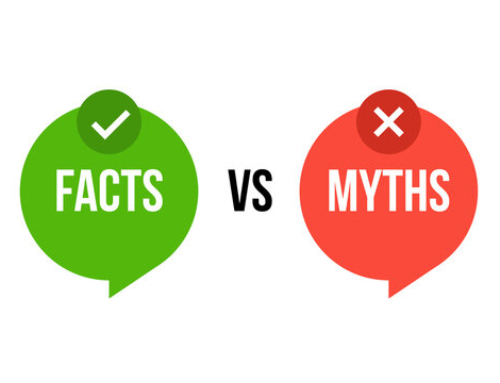Expert Tips for Handling An Autism Diagnosis
An autism diagnosis can be life-changing for your child and your family, but it’s important to remember that you’re not alone.
 In the United States alone, one out of every sixty-eight children has autism, and autism affects over three million people. When you connect each of those people with their families, friends, schools, and employers, you start to realize autism affects a lot of people.
In the United States alone, one out of every sixty-eight children has autism, and autism affects over three million people. When you connect each of those people with their families, friends, schools, and employers, you start to realize autism affects a lot of people.
If you, your child, or a friend receives an autism diagnosis, here are 7 expert tips on how to handle it. Be sure to check out The Eagles Autism Foundation Shines Light on Autism!
7 Tips for Handling An Autism Diagnosis
- Take A Deep Breath – Being diagnosed with autism won’t change who your child is, how much you love them, how much they love you, or what they can achieve in life. Research and understanding of autism have come a long way in a short period, and effective programs to help children with autism develop their social, communication, academic, and motor skills are available.
- Early Intervention Is Crucial – The sooner you look into early intervention and therapy programs, the better. Although there is no cure for autism, there are therapies available that can assist with building foundation skills for your child as they develop and grow.
- Learn to Identify Non-Verbal Ques – You need to learn how to listen with your eyes rather than your ears. Just because your child is non-verbal doesn’t mean they’re not communicating.
- Fine and Gross Motor Functions – Gross motor skills involve large body muscles and movements. Physical therapy can help assist with these skills, such as walking, crawling, jumping, and climbing stairs. Fine motor skills are more delicate, such as zipping, buttoning, or writing. Each activity, fine or gross, will require patience and understanding to master.
- Different Senses – Children with autism have sensory needs like everyone else, but these often manifest in different ways. Just like tapping your foot or chewing on a pen, stimming is a form of repetitive movement, but it can often be more exaggerated and include rocking or twitching, but is still all a way in which a child with autism calms
themselves down. Occupational therapy is effective in developing strategies to help build sensory methods that are less disruptive and more effective. - Don’t Be Scared to Try New Things – Music, art, sport, swimming lessons, social activities, everything is on the table, and until you try, you won’t know what will work for you or your child.
- Remember, You Can’t Change Your Child, but You Can Change Yourself – Choose the best times to practice or work with your child. It’s no use trying to do things when either you or your child is tired, hungry, stressed, or unmotivated. Don’t forget, just because something is important to you doesn’t mean it’s essential to your child.
Expert Tips for Handling An Autism Diagnosis | Conclusion
Regardless of a diagnosis of autism, your child is still your child. Show them compassion, understanding, patience, and love. It’s okay to try and protect them from the world around them, but don’t hide them away from it.
If you have any questions about autism products or would like to find more information about sensory products, please don’t hesitate to reach out and contact us at Autism Products directly. Our friendly and professional team is standing by to assist you.
Drop a comment below to share your thoughts on the article. We look forward to reading your feedback and opinions.





